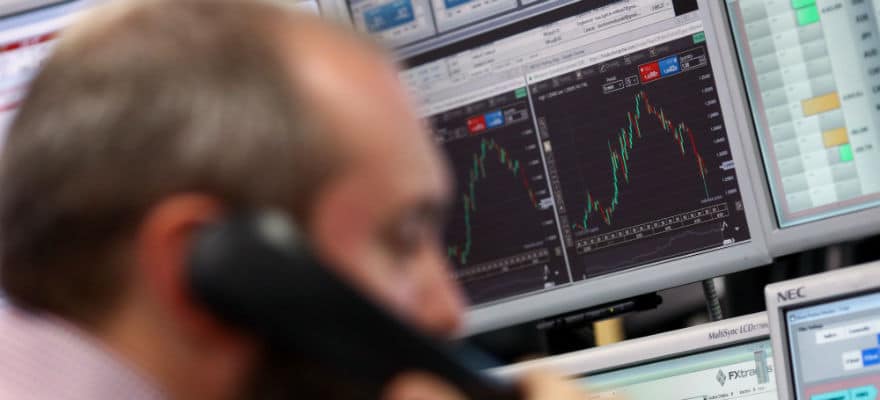This article was written by Quinn Perrott, co-CEO at TRAction Fintech.
MiFID I required the reporting of equity instruments traded or admitted to trading on a regulated market and OTC derivatives that derived their value from them. However, MiFID II has expanded the scope of the regime to cover financial instruments linked to trading venues.
The types of trading venue are the Regulated Market (“RM”), Multilateral Trading Facility (“MTF”) and Organized Trading Facility (“OTF”) (“Trading Venues”). The scope is expanded to include:
- Financial instruments traded on a Trading Venue or for which a request for admission to trading has been made
- Financial instruments where the underlying financial instrument is traded on a Trading Venue
- Financial instruments where the underlying instrument is an index or a basket composed of financial instruments traded on a Trading Venue
Asset classes caught
The expansion of the regime to financial instruments, which have been admitted to trading or are traded on an EU Trading Venue means that a wider range of asset classes will be subject to trade reporting requirements. These asset classes include:
- Equities
- Bonds
- Indices / Baskets
- FX
- Interest Rates
- Commodities
Provision of instrument data for asset classes in the expanded scope
The Financial Instruments Reference Data System (“FIRDS”) is a data collection infrastructure established by the European Securities and Markets Authority (“ESMA ”) to collect data in an efficient and harmonized manner.
MiFIR Article 27 obliges Trading Venues and Systematic Internalisers to provide instrument data for population of the FIRDS. FIRDS will cover the range of financial instruments that are included in the increased scope of MiFIR, allowing firms to ascertain the reportability of instruments by providing a data source containing all the financial instruments traded, or admitted to trading, on a Trading Venue.

















